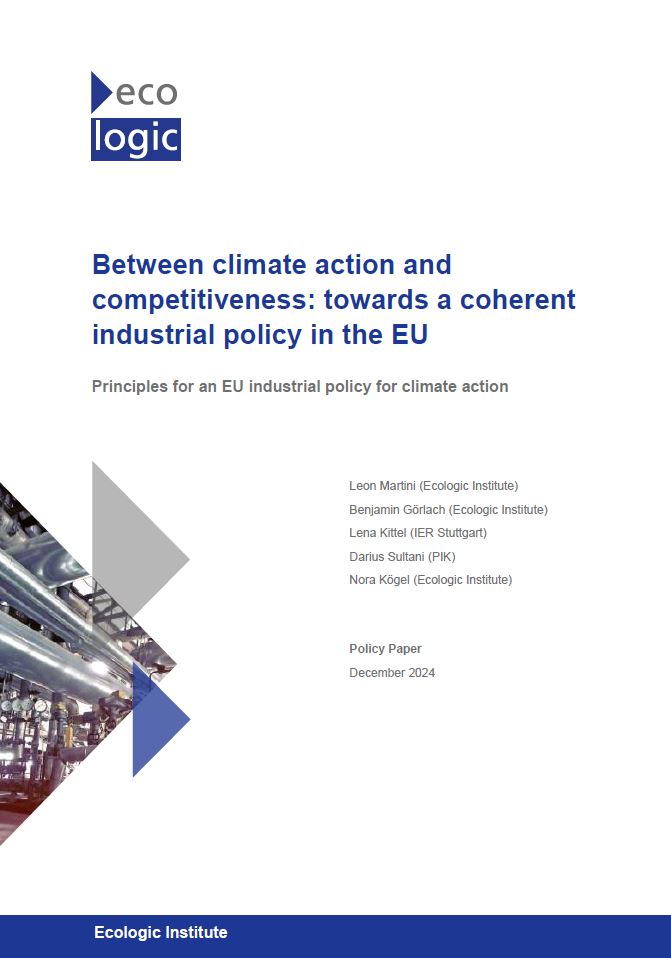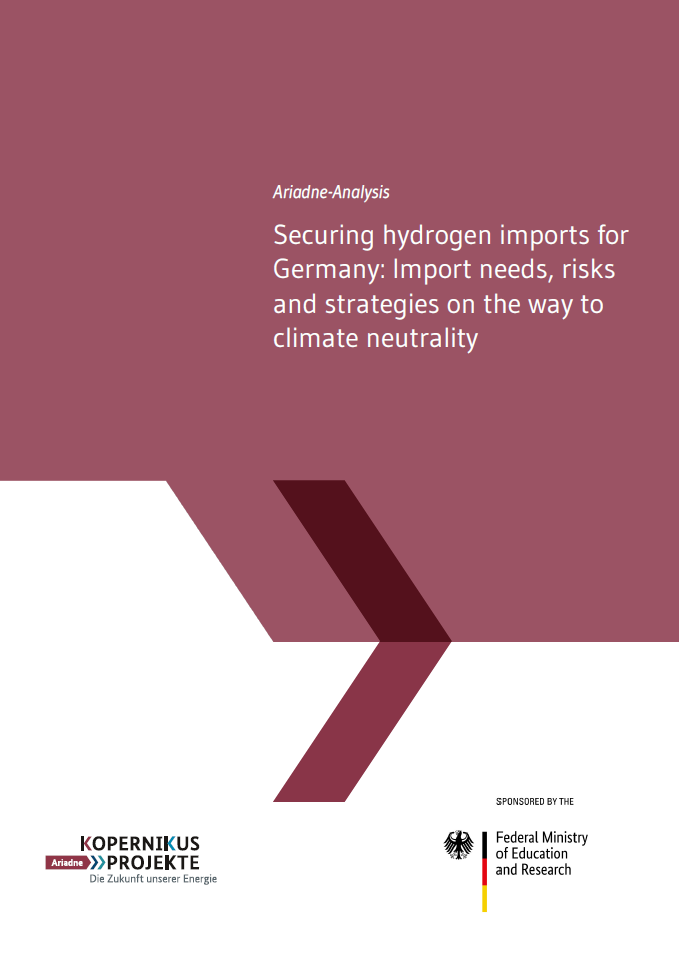Deutschlands Klimaaußenpolitik: Kontext – Rückschau – Weiterentwicklung
Ariadne-Analyse
- Publication
- Citation
Ole Adolphsen, Marian Feist, Christian Flachsland, Oliver Geden, Benjamin Görlach, Mi-chael Jakob (2024): Deutschlands Klimaaußenpolitik: Kontext – Rückschau – Weiterent-wicklung. Kopernikus-Projekt Ariadne, Potsdam. https://doi.org/10.48485/pik.2024.017
The German government has recently reorganized its domestic activities related to international climate policy and set new substantive priorities through its climate foreign policy. These efforts have yielded positive results in terms of achieving a coherent and strategic orientation. Nevertheless, the government is often limited where climate and foreign policy goals clash. To better respond to the challenges of international climate cooperation, the government needs a unified strategy, guidelines, and clear priorities. Such an approach will also help Germany to better position itself in the face of global challenges in terms of industrial policy and foreign trade. In their new analysis, Ariadne researchers provide a comprehensive assessment of Germany's climate foreign policy and develop options for its future development and the positioning of its goals in an international context based on experiences.
The analysis by Ariadne project partners from the Stiftung Wissenschaft und Politik, the Hertie School, Ecologic Institute and Climate Transition Economics examines Germany's climate foreign policy during the current legislative period. Beyond the international context, they also consider the organizational structure within the German government and the responsible ministries. They argue that personnel and financial resources are among the factors that influence the effectiveness with which climate protection can be advanced in foreign policy. In the face of multiple crises, the potential for conflict is also exacerbated by the formation of blocs, which directly influence climate policy issues such as energy supply security and supply chains.
As a cross-cutting issue, climate (foreign) policy affects various policy areas within this mixed environment and is, in turn, itself affected by them. The researchers identify both successes and shortcomings of climate foreign policy and outline approaches for how to effectively coordinate climate foreign policy across ministries and set internationally effective impulses. This is because coordination between ministries is sometimes lacking in projects. The authors therefore consider the consolidation of responsibilities, either by merging the Federal Ministry for Economic Cooperation and Development (BMZ) and the Foreign Office or by creating a climate “super-ministry” to consolidate all national and international competencies in the area of climate policy. They identify the opportunities and risks of the various options as part of their analysis.
The researchers conclude that Germany has been able to set the pace for international climate policy by transferring the responsibility for international climate policy to the Foreign Office and creating the role of Special Envoy for International Climate Policy. In contrast, the record of Germany's engagement in bilateral and plurilateral formats has yielded mixed results. Within the government, climate foreign policy has encountered conflicting political priorities. The challenge of systematically navigating conflicting political, substantive, and financial objectives remains. While consensus on such an approach may remain an elusive ideal in practice, the authors believe it is possible to make significant progress towards it.





